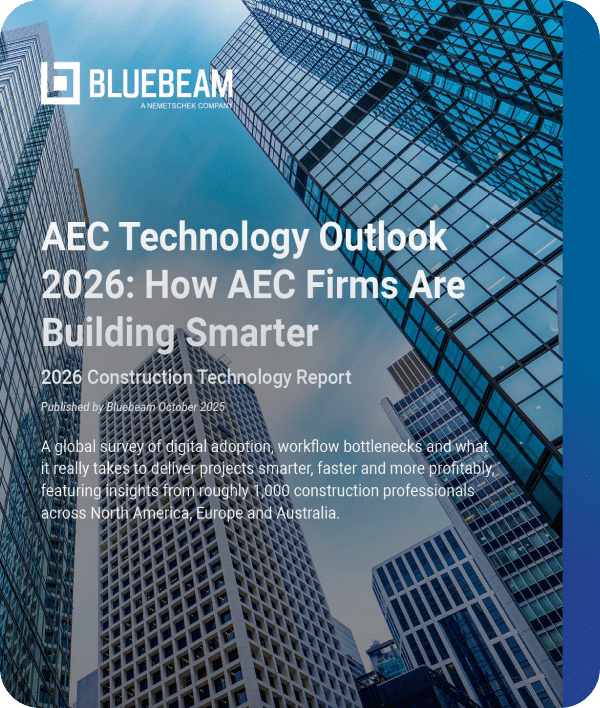As head of JE Dunn Construction, the eighth largest construction firm in the United States, Gordon Lansford is the first non-family CEO of the 100-year-old company. Under his leadership, revenue has grown approximately four times over, from $2 billion to $8 billion. The company’s markets include aviation, semiconductor contracting, education, health care and historical preservation, among others.
As might be expected, JE Dunn has won numerous awards. Fast Company chose the company’s innovative pre-construction tool Align, a project budget estimator, as a 2024 winner of the magazine’s Innovation by Design Awards. That same year, Kansas City Business Journal named the company a Champion of Business.
Lansford said he’s especially proud of winning the Deloitte Private and WSJ Best Managed Company award again in 2024, because “it speaks to how we run our business, how we plan and execute projects and to our employee engagement scores.”
Built spoke with Lansford about his leadership style and what keeps him up at night as a construction executive. Edited excerpts follow.
Built: Why did you choose the construction industry?
Lansford: I didn’t initially. I had planned to be an accountant. After getting my accounting degree, I worked for KPMG for three years and got my CPA while I was there. I fell into working with quite a few construction and engineering clients, which piqued my interest in the industry. I left KPMG and joined JE Dunn, which, while smaller at the time, always had a significant presence in Kansas City and a fantastic reputation. I felt that if I wanted to enter the industry, coming to the company would be a great move. Two years later I became CFO. When the family’s third generation CEO, Terry Dunn, retired in 2013, I assumed someone from the construction side would become CEO, but the board asked me if I would consider the position.
Built: There was something in your background that helped draw you to the field, correct?
Lansford: Yes. My grandfather was an electrical contractor in Wyoming, and I worked with him for a couple of summers when I was in college. I enjoyed working outside on the jobsite with hard-working people and building something.
Built: What’s the best advice you ever got about this industry?
Lansford: William H. Dunn Sr., the second-generation CEO, always said, “Never take on a project if you don’t have the right talent to execute it.” I’d have to say it’s that.
Built: What advice do you have for people looking to follow in your career footsteps?
Lansford: The construction industry is exciting; you get to work with a lot of great people and build amazing, beautiful buildings, but what is most rewarding is seeing the end users—whether they’re students walking into a new school, patients being treated a new hospital or employees entering their new workplace. There are so many different roles and opportunities in the field that you may not be aware of. There’s a place for people with almost every degree in our industry, whether it’s finance or HR, or law for example, or no degree.
Built: What’s your favorite part of the job?
Lansford: We give our employees a lot of responsibility at a young age, and I love getting out and seeing our people, our projects and our teams. I try to get to all of our 26 offices at least once a year.
Built: What do you think is the most pressing issue facing the construction industry?
Lansford: The obvious one is the shortage of labor in the skilled trades, especially on mechanical and electrical sides. We rely on these people that we partner with. Beyond that, construction costs have continued to rise with the high interest rates. It’s a tough market for our developer clients right now. Our tech sector data centers, semiconductor work and advanced manufacturing markets are robust right now, but it’s an ongoing challenge to figure out where to focus our limited resource, which is our people.
Built: What keeps you up at night as an executive?
Lansford: It’s the balance of the opportunities with the capacity and mobility of our workforce. We’re an employee stock ownership plan (ESOP), family-first company, but we need people to travel to where the work is, so it’s the conflicting values that keep me up at night.
Built: How do you structure your time to fix the most important issues you face in your role?
Lansford: I think we can all be better at that, but I really try to control my calendar because it can get away from you. I deliberately block out time when I can get work done vs. go to meetings. I tell our younger leaders that it’s something they should do as well because if you let your calendar control you it’s hard to have time to think, especially about the long term, when you have issues coming at you every day.













